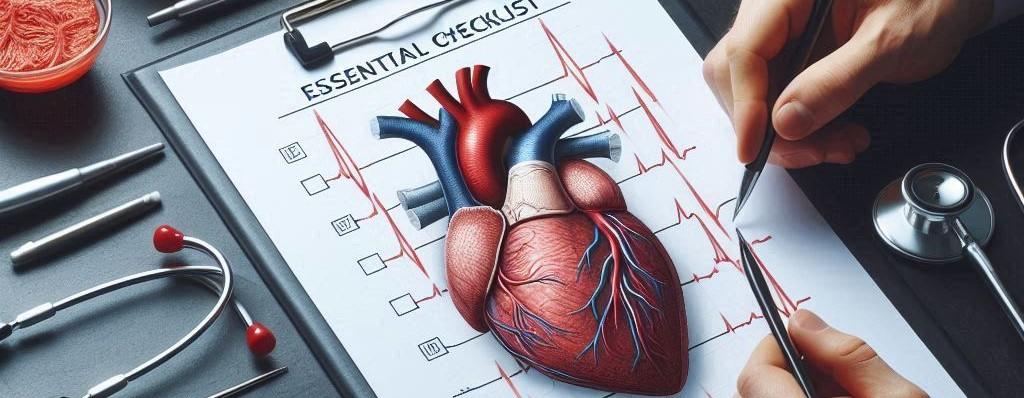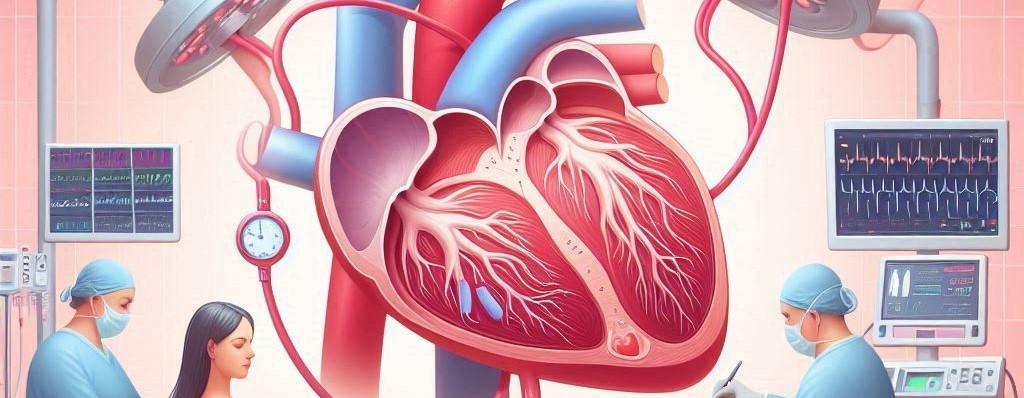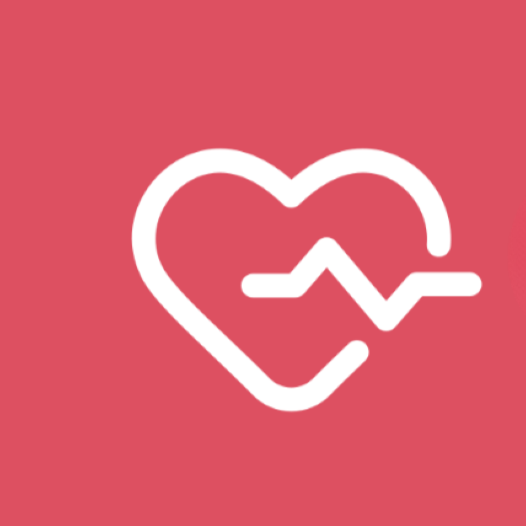It is crucial to undergo a series of pre-operative Tests Before Heart Surgery. These examinations serve as a critical checkpoint for your surgical team. They gather essential information about your health which is necessary to ensure the safest and most effective surgical procedure.
Heart surgeries, whether bypasses, valve replacements, or transplants, all share a need for extensive preparation. The nature of each Heart surgery is unique. Each requires a tailored approach to it’s pre-operative Tests Before Heart Surgery .
The benefits of these Tests Before Heart Surgery stretch beyond the operating room. By identifying potential issues in advance, your medical team can optimize your care plan, reducing the likelihood of complications and setting you on a path to a faster recovery. It’s not just about a successful Heart surgery; it’s about your overall well-being before, during, and after the procedure.
Your healthcare providers, including your cardiologist, surgeon, and nursing team, play pivotal roles in setting you up for a successful heart surgery. They not only administer these tests but also help. interpret the results and explain how they’ll influence your specific treatment plan.
Check out this post for more information, “Preparing For Cabg Heart Bypass Surgery“.
The Essential Checklist: Pre-Surgical Tests Before Heart Surgery

Surgeons and cardiologists rely on a series of tests before heart surgery, to ensure that you’re a suitable candidate. And, to tailor the surgery to your specific needs. Let’s go through some of the standard tests performed.
Blood tests are the most common types of pre-surgery examinations. They reveal crucial information about your organ function, blood type, and electrolyte levels, which could affect anesthesia and healing. Ensuring your kidneys and liver are functioning properly is necessary as it can influence your surgery and recovery. Be sure that you’re well hydrated before having blood work.
A chest X-ray is routinely conducted to view the size and shape of your heart and lungs. It helps to diagnose conditions that might complicate the procedure like pneumonia or heart failure.
The Electrocardiogram (EKG) is a noninvasive test that records the electrical activity of the heart. An EKG can detect arrhythmias, heart enlargement, and other disorders that could impact the surgery’s success.
Echocardiograms use ultrasound waves to construct live images of the heart, revealing detailed information about its structure and function. This can be crucial for surgical planning, especially when valve repair or replacement is involved.
Stress tests, which may involve exercising on a treadmill or taking certain medications, help to evaluate how your heart functions under physical stress. They can also indicate areas of low blood flow to the heart muscle.
Cardiac catheterization involves the insertion of a catheter into a chamber or vessel of the heart. This can be used to measure pressures, take blood samples, or conduct angiography to look for blocked arteries.
As a patient, you should be aware of these tests and their purposes. It’s natural to feel a bit uneasy, but remember, preparation is a key step to a successful Heart surgery. Ask your healthcare provider to clarify any questions you may have and to help you understand what to expect before, during, and after these tests.
Mitigating Risks: How Pre-Operative Tests Before Heart Surgery Contribute to Patient Menstrual Cycle

Before you undergo heart surgery, it’s critical to identify any potential risks that could affect the outcome. This is where pre-operative tests show their true value. By spotting issues early, your medical team can adjust their approach to minimize complications. One of the main goals here is to ensure heart surgery is as safe as possible for you.
Your health profile is as individual as your fingerprint. Each test is tailored to gather specific information about your heart’s condition and function. It’s not just about ticking boxes; it’s about gathering a clear picture of your heart health. Remember, these tests are your allies; they shed light on hidden health issues and allow for surgical precision—literally and figuratively.
Hearing about the success of heart surgeries where rigorous pre-operative testing made a significant difference isn’t just reassuring; it’s a testament to modern medicine’s capabilities. Real people, just like you, have had their risks minimized and lives improved thanks to these comprehensive pre-surgical evaluations. Their stories underscore the importance of not skipping this crucial step.
Advances in medical testing give your healthcare team a high-definition image of your heart’s health. They can pinpoint areas of concern that once may have gone unnoticed. Because of this, the surgical team can prepare to address these areas, improving your odds for a successful heart surgery and recovery.
Keep in mind that these tests are a proactive approach to your health. They might seem overwhelming, but they’re meant to ensure the best possible care. Your safety is the priority, and every test is a step toward a successful outcome.
Navigating the Healthcare Journey: Support and Resources for Heart Surgery Patients

After you’ve completed your pre-operative tests, the next step is understanding what the results mean. Your doctors and nurses are there to explain everything and answer your questions. Write down any concerns you might have before your appointment so you don’t forget to address them.
These questions can include inquiries about the implications of your test results, the necessity of additional tests, or how your medical history might affect your heart surgery.
You’re not alone in this process. Many hospitals offer counseling and support groups for heart surgery patients. Engaging with others who have been through similar experiences can provide comfort and practical advice.
Taking care of your mental health is just as important as preparing physically for surgery. Seek out counseling if you’re feeling overwhelmed. Remember, it’s okay to ask for help.
Towards a seamless recovery, lean on family, friends, and community resources. Home care, meal delivery, and transportation services can all ease your post-surgery transition. Ask your healthcare provider about the support available in your area, or check local community boards and online forums for recommendations.
Your journey to a healthier heart is a team effort, with you at the center. By making use of the resources and support systems around you, you enhance your ability to bounce back stronger after heart surgery.


HI,
The article on the importance of pre-operative tests before heart surgery is incredibly informative and emphasizes a crucial aspect of surgical preparation. It’s clear that these tests are not just routine procedures but are essential for tailoring the surgery to each patient’s unique health profile.
Furthermore, the emphasis on patient support and resources is a crucial reminder that the journey to recovery involves both physical and mental preparation.
Overall, the article provides a comprehensive overview of why pre-operative tests are vital for heart surgery patients. This holistic approach to patient care is commendable and essential for successful surgical outcomes.
Thank you for your kind comment, Kavitha. I’m happy that you’re here!
You make a very good point. These pre-operative tests don’t just let the patient’s medical care team know the health of the patient.These test also show the health of the patient’s heart itself. The information learned from these pre-operative tests will allow the medical care team to tailor the the surgery to each patient’s unique health profile.
Kavitha also mentions that the patient’s support network and resources should be addressing both, the mental and physical aspects of their surgery and treatment. Even though these are two different elements on the road to wellness. The mental and physical must both be addressed on this recovery journey.
Thank you for reading…
Hi there
The article on tests before heart surgery from CABG Patched Kid provides valuable insights into the critical preparations patients undergo before such procedures. It highlights the importance of thorough medical evaluations to ensure optimal outcomes and patient safety. I wonder, what are some of the most common misconceptions patients have about these pre-surgery tests, and how can healthcare providers better educate them?
I really appreciate your comment, Troy Blanchard. I think that the hospitals that I have been to, do a pretty good job of being transparent regarding any testing or lab work that I have received prior to surgery. They have informed me of what they were going to do, and what the outcomes were.
However, there is one misconception that I had. The “pre-op” testing that I had been through was NOT only to evaluate my general health, to see that I was a good candidate for surgery.
But, they were also checking me for different infections (Covid, Mercer, Etc.). These test were more to protect the operating room personnel, and other patients from getting infected with these germs. This keeps these infections from spreading.
Thanks for reading, Troy Blanchard…